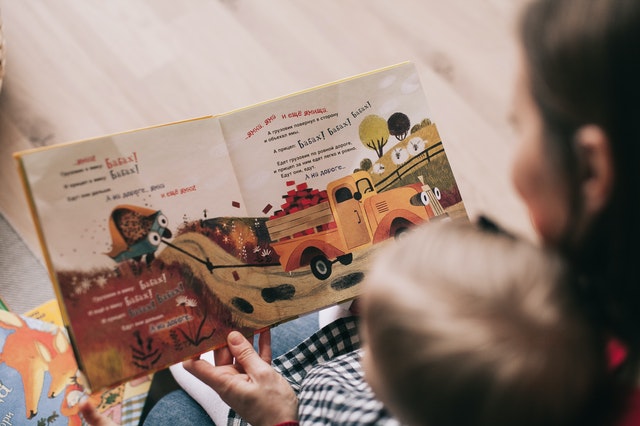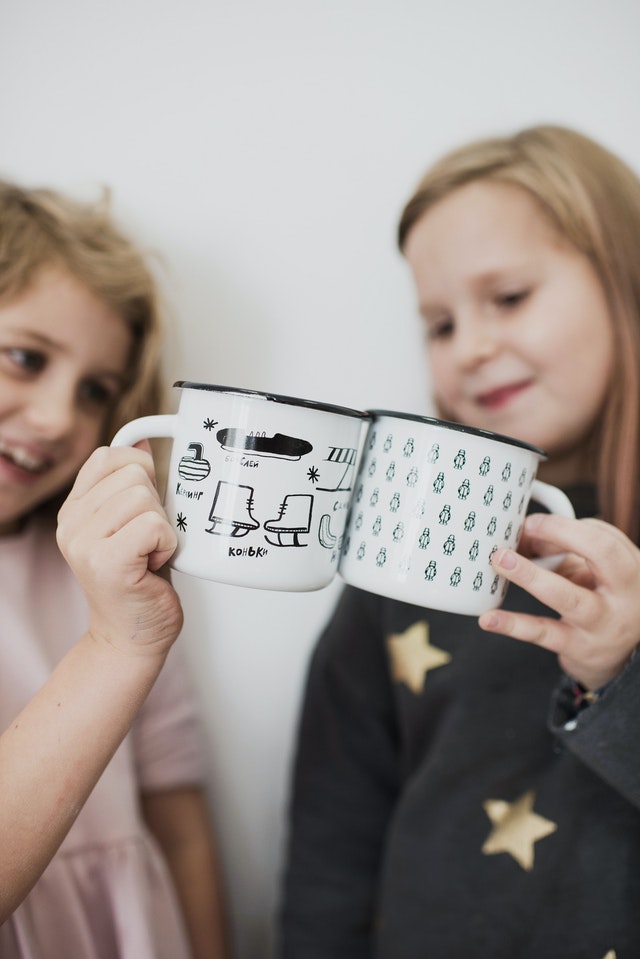 Teaching your child to distinguish who is their true friend will help you identify toxic relationships. It is also important to understand yourself and be a good friend to enjoy the blessings of friendship.
Teaching your child to distinguish who is their true friend will help you identify toxic relationships. It is also important to understand yourself and be a good friend to enjoy the blessings of friendship.
Parents are the first models the child takes as a reference, and they are also the first friends. Initially, children share their games and experiences with their parents. However, as children grow up, they begin to form new relationships with their peers. Children meet friends at school and in the neighborhood. Can you show your child what kind of friend he really is during this period of emotional growth?
Providing help in recognizing good friends begins around the age of 4-5, when children start hanging out with their peers. You’ll also need to learn to recognize when friendship becomes the focus of suffering or worry, not pleasure.
How To Show Who A True Friend Is
It may seem obvious for a child that friendship should be a positive experience. But first, the child must understand this. Children need to realize who their true friends are and learn early that friendship is a source of love.
How To Identify A True Friend
We cannot choose children’s friendship instead. In particular, adolescent friends often take on other interests and  become the most important part of a child’s life.
become the most important part of a child’s life.
What we can do is guide our children to know how to build valuable relationships based on respect and integrity .
You might be able to tell your child to check out which of their friends has the following signs, so that you can identify which ones your true friends are.
- Celebrate the other person’s achievements and support them in difficult times.
- Help with everything you need.
- Treat them well. Always be kind and don’t mock someone’s opinion
- honest. A true friend tells the truth about what they think and doesn’t change their feelings of friendship even when the other person is not doing well.
- Real friends avoid conflict and do n’t make fun of people.
- Loyal and consistent. Even when arguing, don’t worry about losing your friendship.
- We laugh and enjoy together .
- I don’t care if I have other friends.
- Respect opinions and talk. Even if they don’t agree, the other person values their beliefs.
- Don’t force you to do things you don’t want to do. If they don’t want to go to a party, drink, or use drugs, feel free to respect the decision.
If your child has at least one friend who meets half of these characteristics, it is undoubtedly a true friend and a meaningful relationship.




